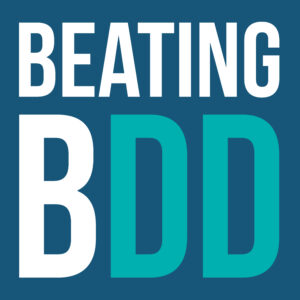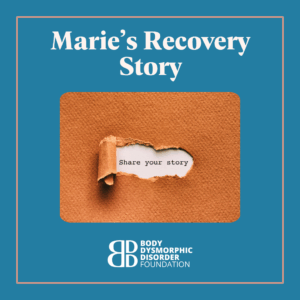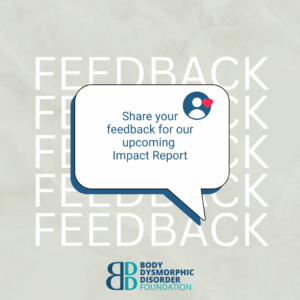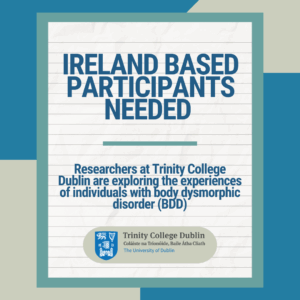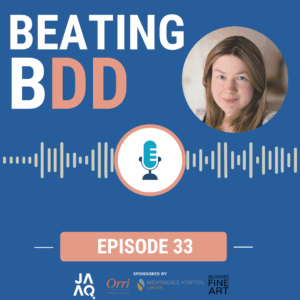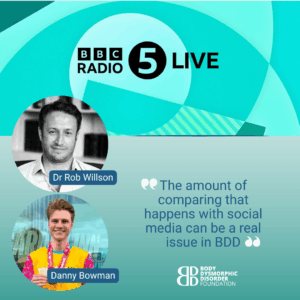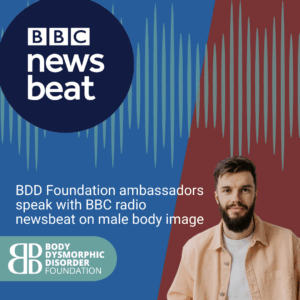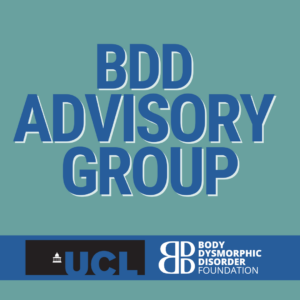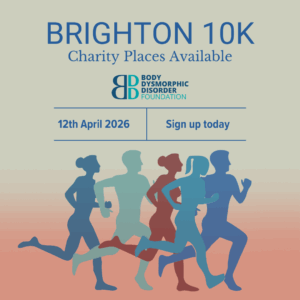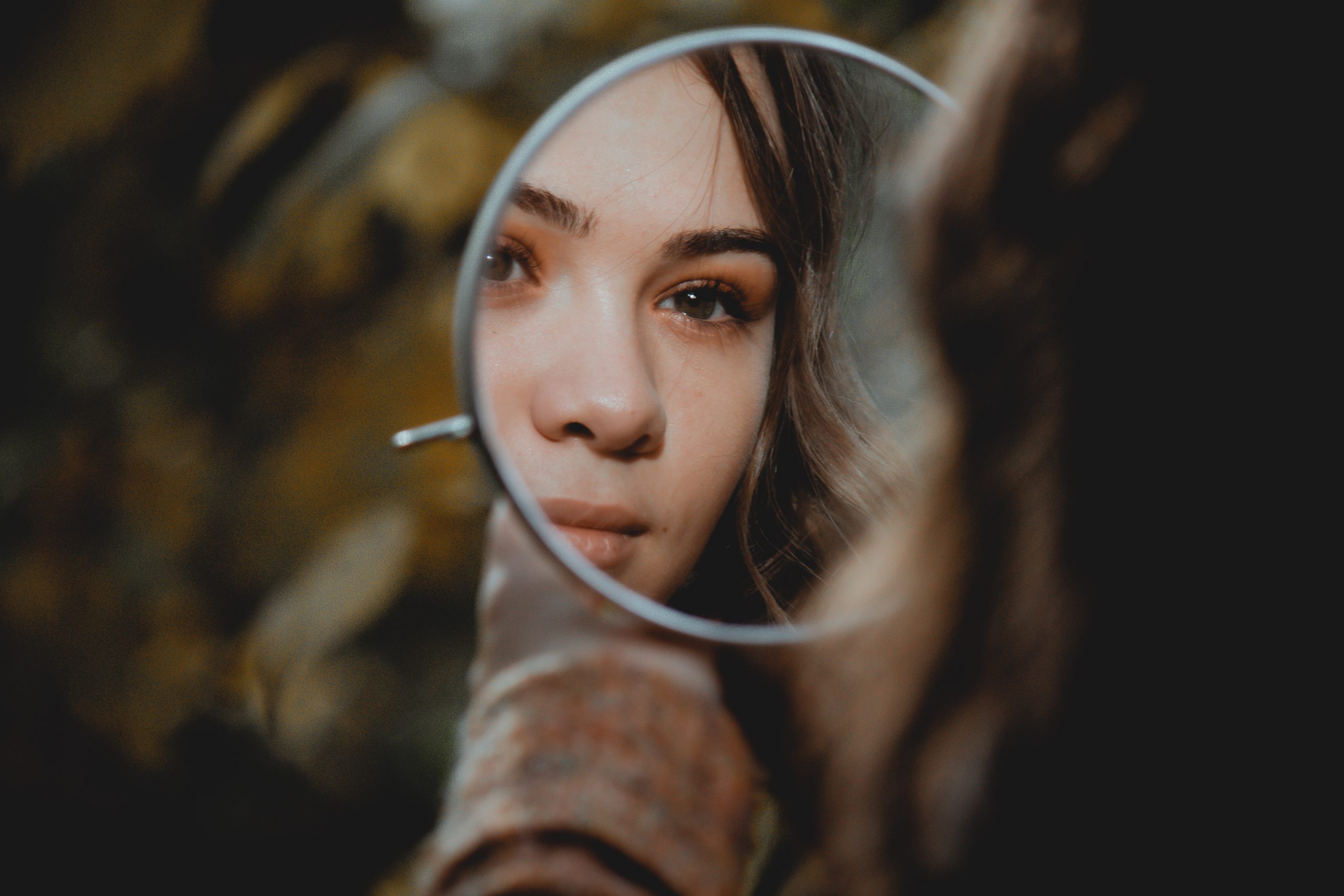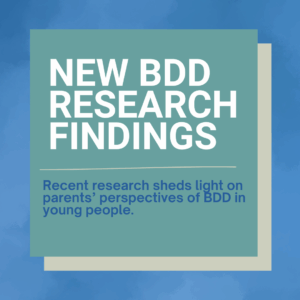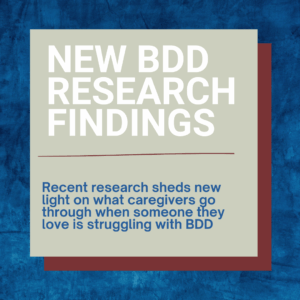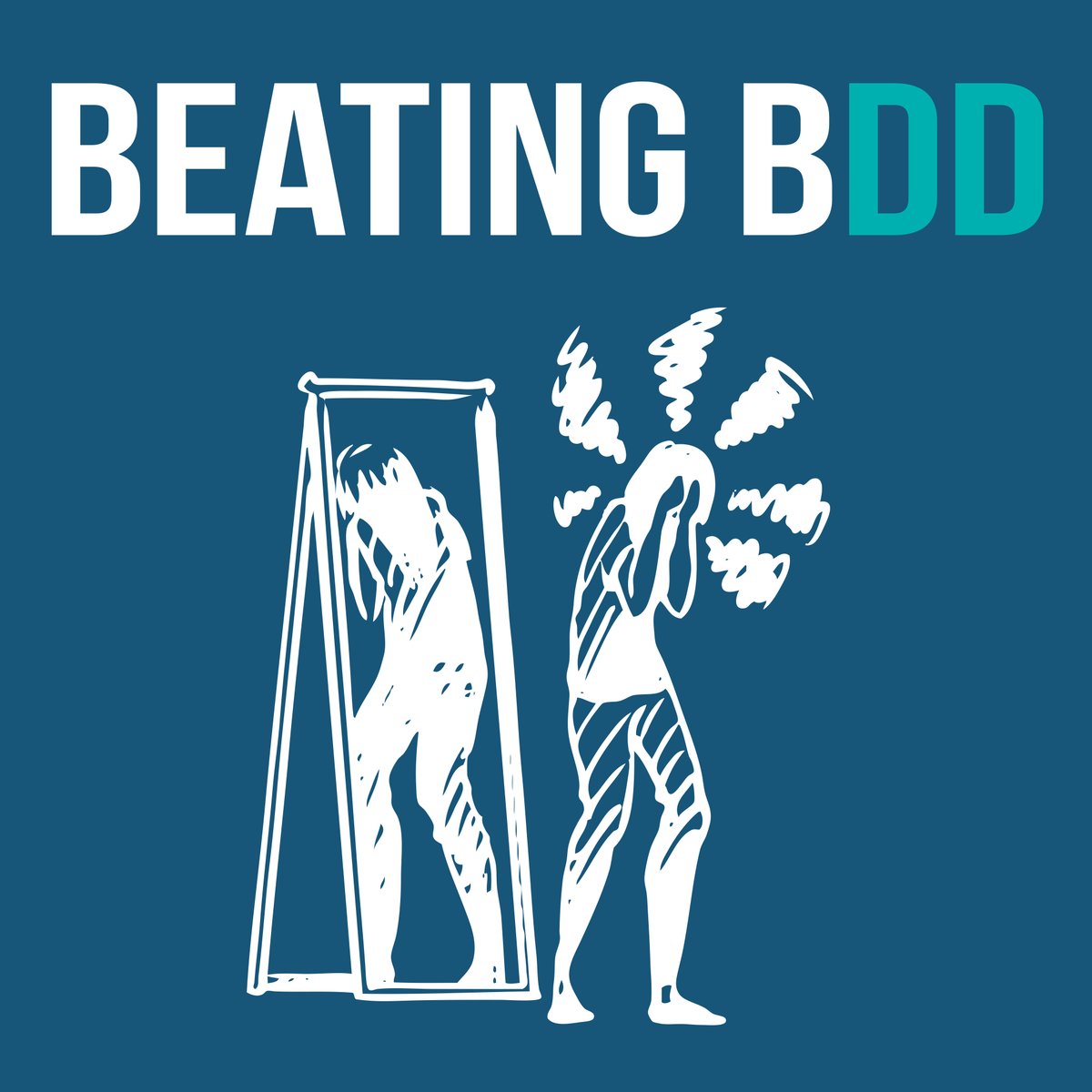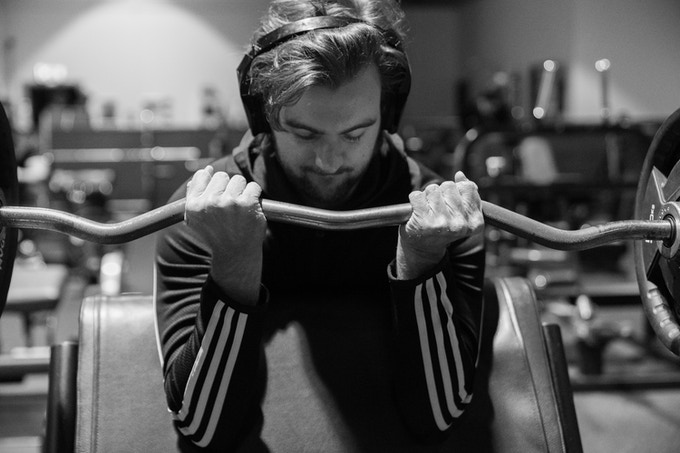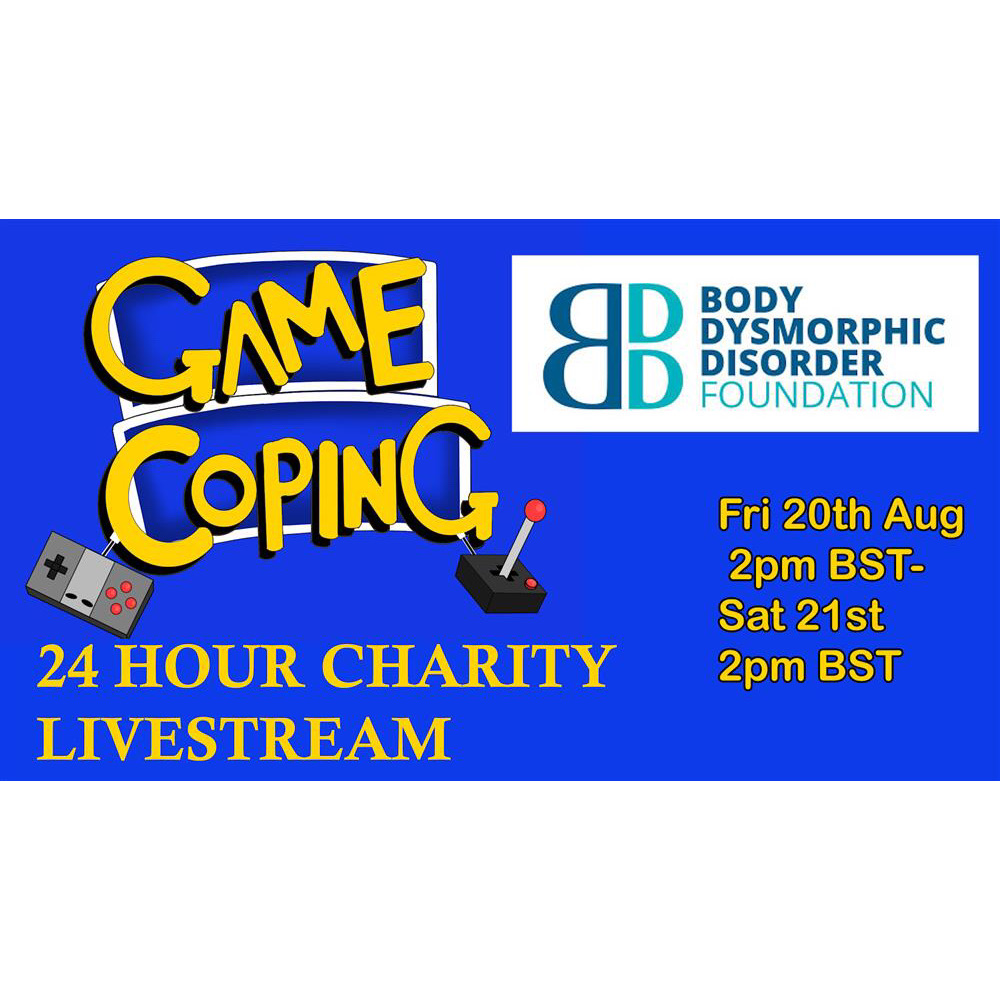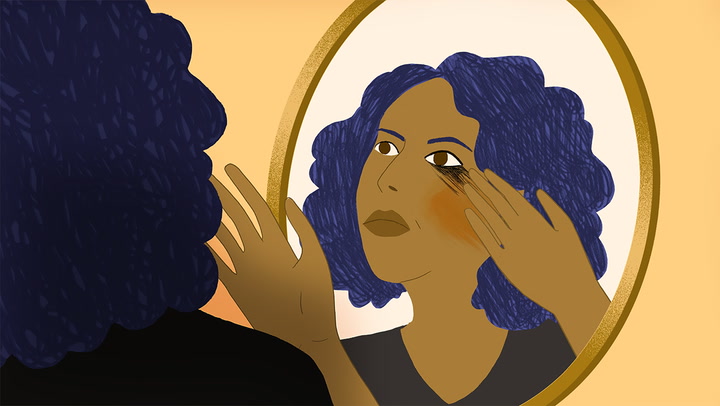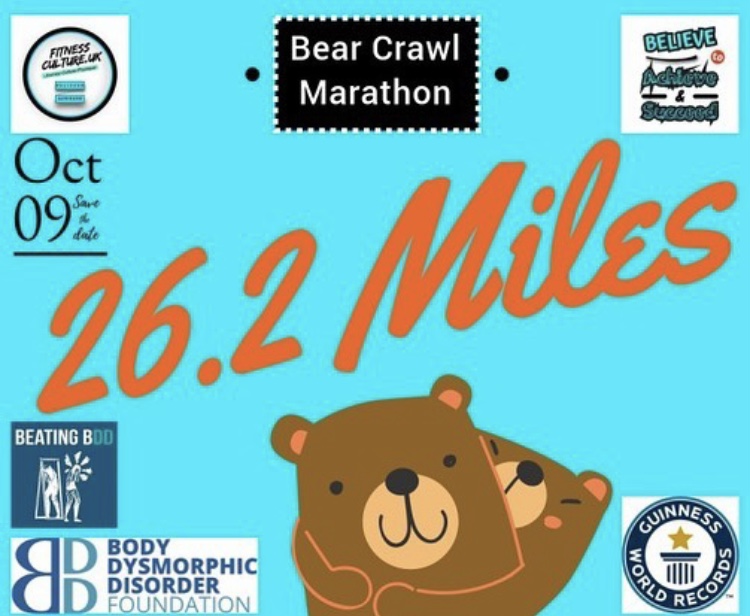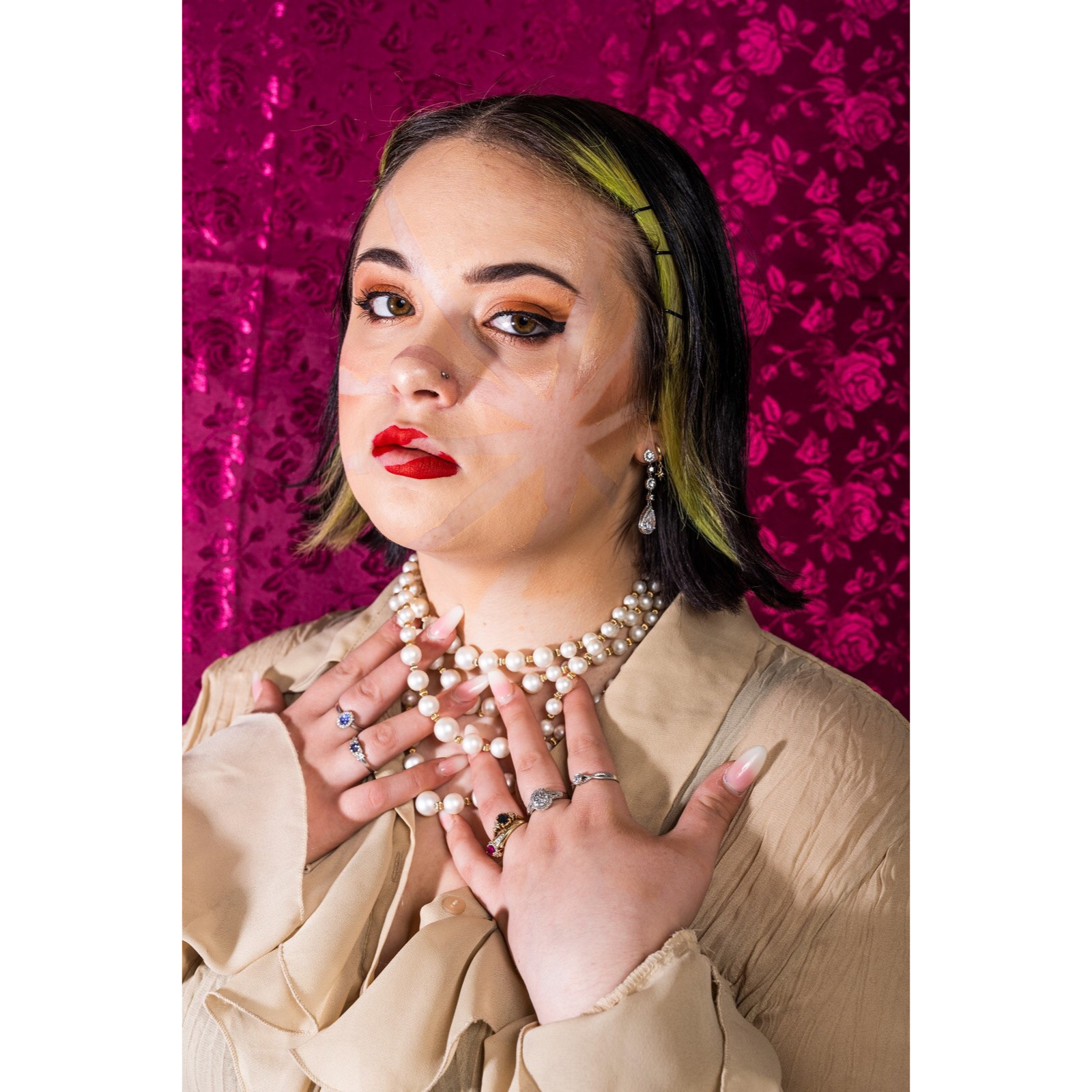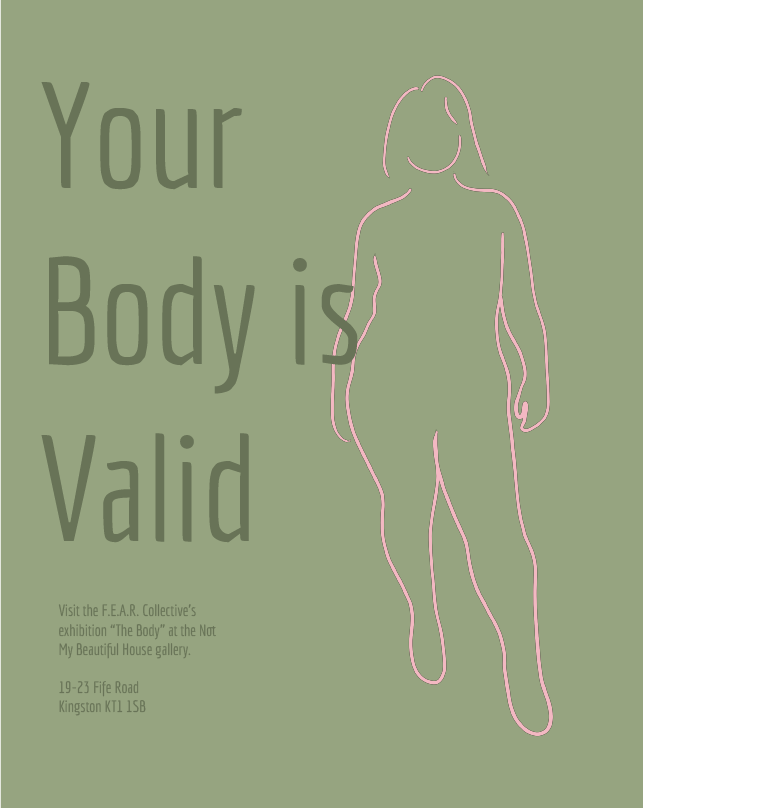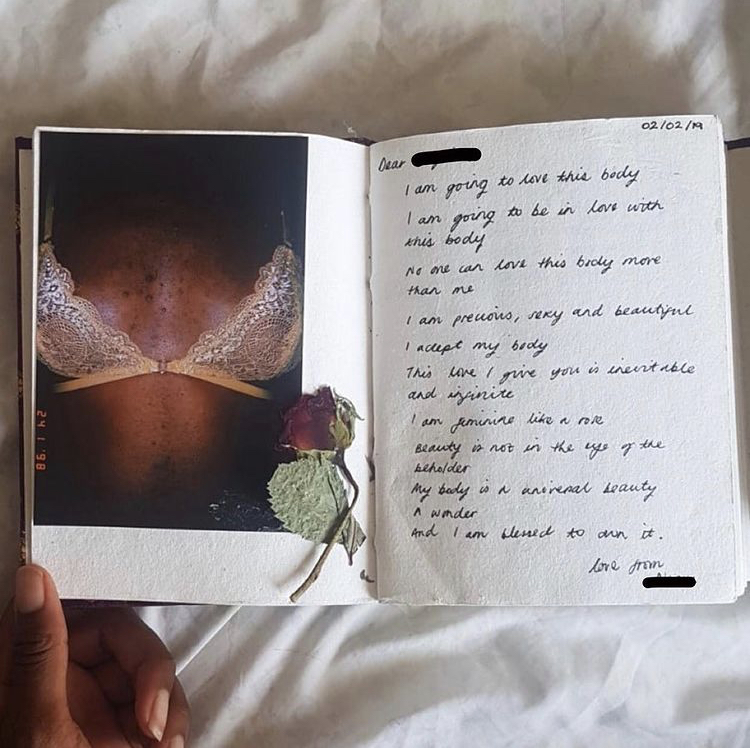The All Party Parliamentary Group on Beauty, Aesthetics and Wellbeing (the APPG), Chaired by Carolyn Harris MP and Judith Cummins MP has published its final report into botox, fillers and similar aesthetic non-surgical cosmetic treatments, which is available on its website here.
Evidence was given by Professor David Veale on behalf of the BDD Foundation and can be found on page 22.
The MPs launched a year-long inquiry following the explosion in the popularity and availability of these treatments. They were concerned that currently anyone can carry out any treatment, with minimal legal restrictions on who can provide them or what qualifications they must have to do so.
There is a complete lack of a legal framework of standards around these treatments, which has left consumers at risk and undermined the industry’s ability to develop.
The APPG investigated practitioner standards and qualifications, the case for a registration of practitioners or licensing, ethics and mental health considerations, and the serious issues around advertising and social media.
There is much good practice from aesthetic practitioners in the beauty and medic industries, but also cases of poor practice from both. It was not the APPG’s intention to state who should or shouldn’t be allowed to become a practitioner, but ensure all practitioners gain the appropriate training and prove their competence to deliver advanced aesthetic treatments.
The Group today makes 17 recommendations for Government to plug this regulatory gap, including:
- Setting national minimum standards for practitioner training;
- Mandate practitioners hold a regulated qualification in line with national standards;
- Legislate to introduce a national licensing framework;
- Make fillers prescription only;
- Develop and mandate psychological pre-screening of customers;
- Extend the ban on U18s receiving botox and fillers to other invasive aesthetic treatments;
- Place advertising restrictions on dermal fillers and other invasive aesthetic treatments;
- Require social media platforms to do more to curb misleading ads and posts promoting these treatments.
These recommendations are based on evidence given in public inquiry sessions and written submissions from a wide range of stakeholders including trade associations, aesthetics industry operators, trainers, practitioners, health bodies, regulatory agencies and consumers themselves.
Co-Chairs of the APPG, Carolyn Harris MP and Judith Cummins MP, said:
“For too long there have been next to no limits on who can carry out aesthetic treatments, what qualifications they must have, or where they can administer them.
“We launched this inquiry as we were deeply concerned that as the number of advanced treatments on the market continues to grow, the regulation remains fragmented, obscure and out of date which puts the public at risk.
“We were also particularly concerned about the advertising and social media promotion of these treatments and how to make sure vulnerable people, such as children and those at risk from mental ill-health, are protected.
“We strongly urge the Government to implement the recommendations in our report and to take action to improve to improve the situation for the benefit of the industry and public safety. Maintaining the status quo is simply not an option.”
Minister for Patient Safety, Nadine Dorries, said:
“Far too many people have been left to live with the emotional and physical scars caused by their experience of cosmetic surgery, needing prolonged medical treatment after botched cosmetic procedures, particularly fillers.
“Patients must always come first and I am committed to protecting their safety making sure people have the right information they need to make informed decisions about cosmetic surgery and ensuring the highest quality training is accessible to all practitioners.
“This report is an important contribution to our shared understanding of the consequences of this kind of treatment and I look forward to reviewing its recommendations on how we continue to improve people’s safety.
“Anyone considering Botox, or fillers, should pause and take the time they need to consider the potential impact of surgery on both their physical and mental health, and take steps to ensure they are using a reputable, safe and qualified practitioner.”
Further information on the APPG can be found at www.baw-appg.com or on Twitter @BAW_APPG.
This report is not an official publication of the House of Commons or the House of Lords. It has not been approved by either House or its committees. All-Party Parliamentary Groups are informal groups of Members of both Houses with a common interest in particular issues. The views expressed in this report are those of the group.
More stories from the community
